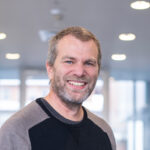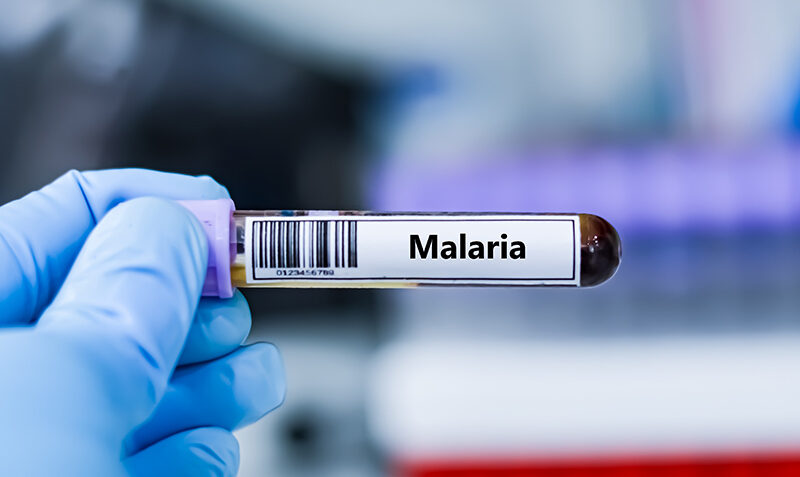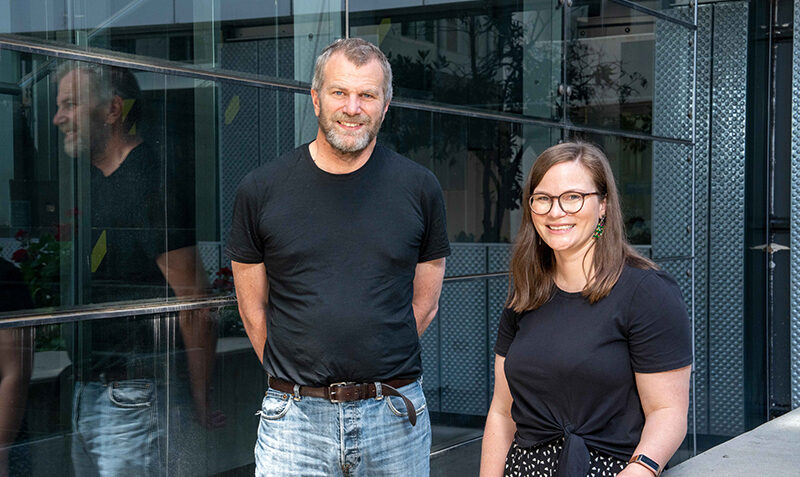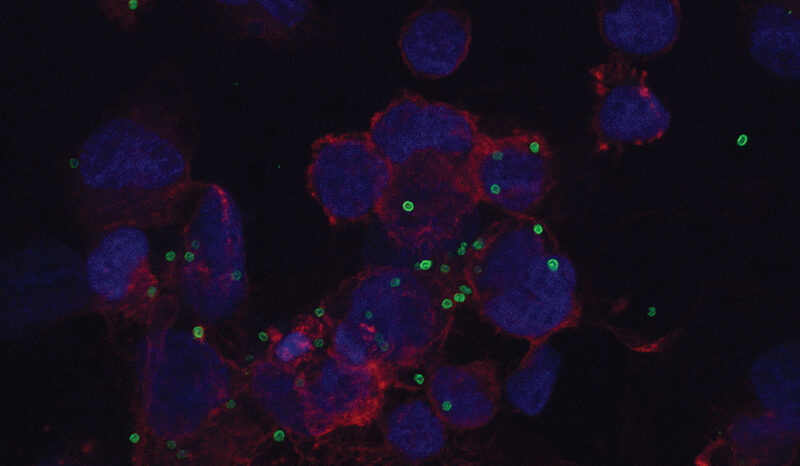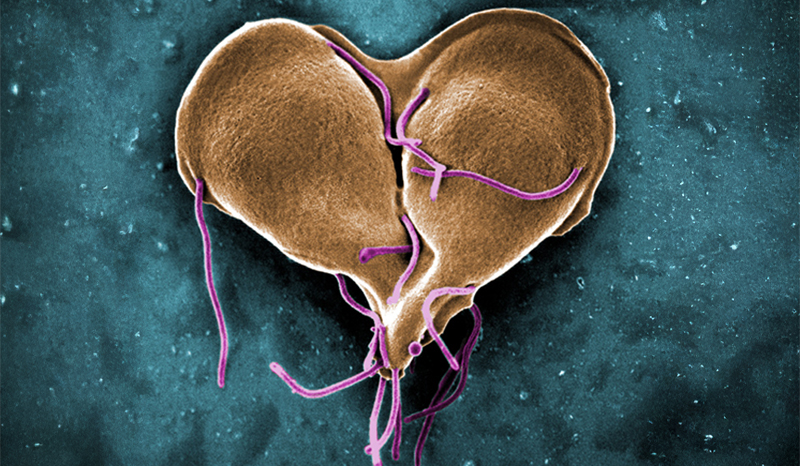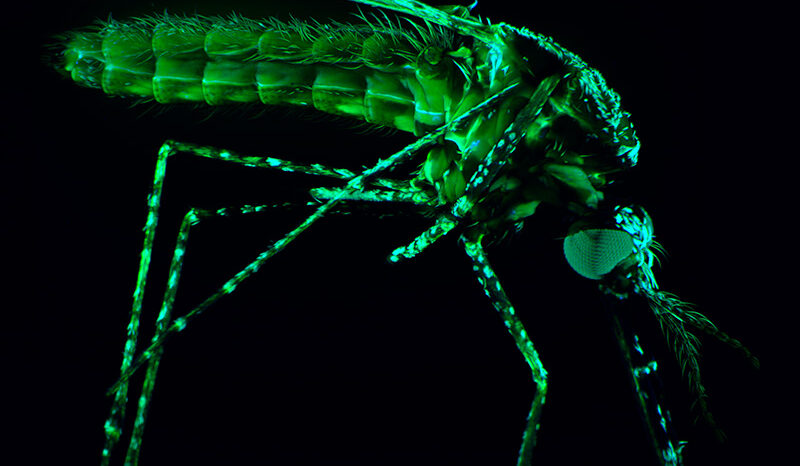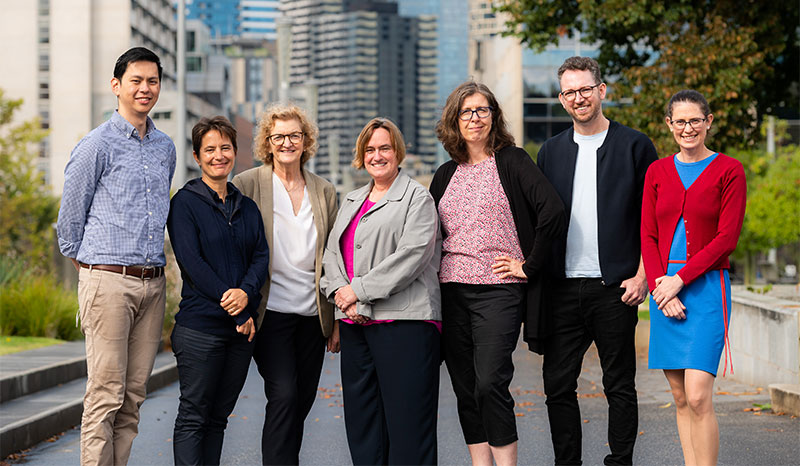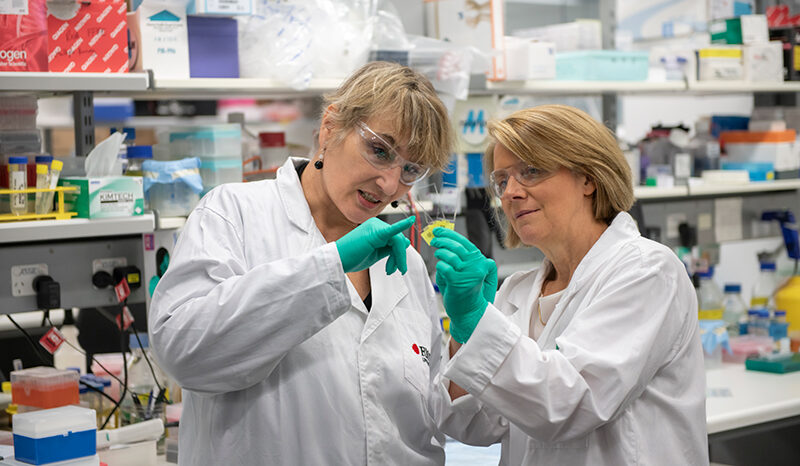Addressing an urgent, unmet need
Dr Longley, a WEHI Laboratory Head, said global malaria research and vaccine investment has overwhelmingly focused on Plasmodium falciparum, leaving major knowledge gaps for P. vivax.
“Unlike P. falciparum, P. vivax has unique biological features including a dormant liver stage that causes relapses, making it more difficult to eliminate,” she said.
“Strategies that work for one species do not translate to the other.”
Burnet Senior Research Fellow Dr Herber Opi said as a result, global efforts to control malaria has stalled despite decades of progress.
“While two malaria vaccines have been rolled out in parts of Africa, both target Plasmodium falciparum and offer no protection against P. vivax, which dominates in Asia and the Pacific,” Dr Opi said.
A major obstacle to developing a P. vivax vaccine has been limited understanding of what protective immunity actually looks like.



